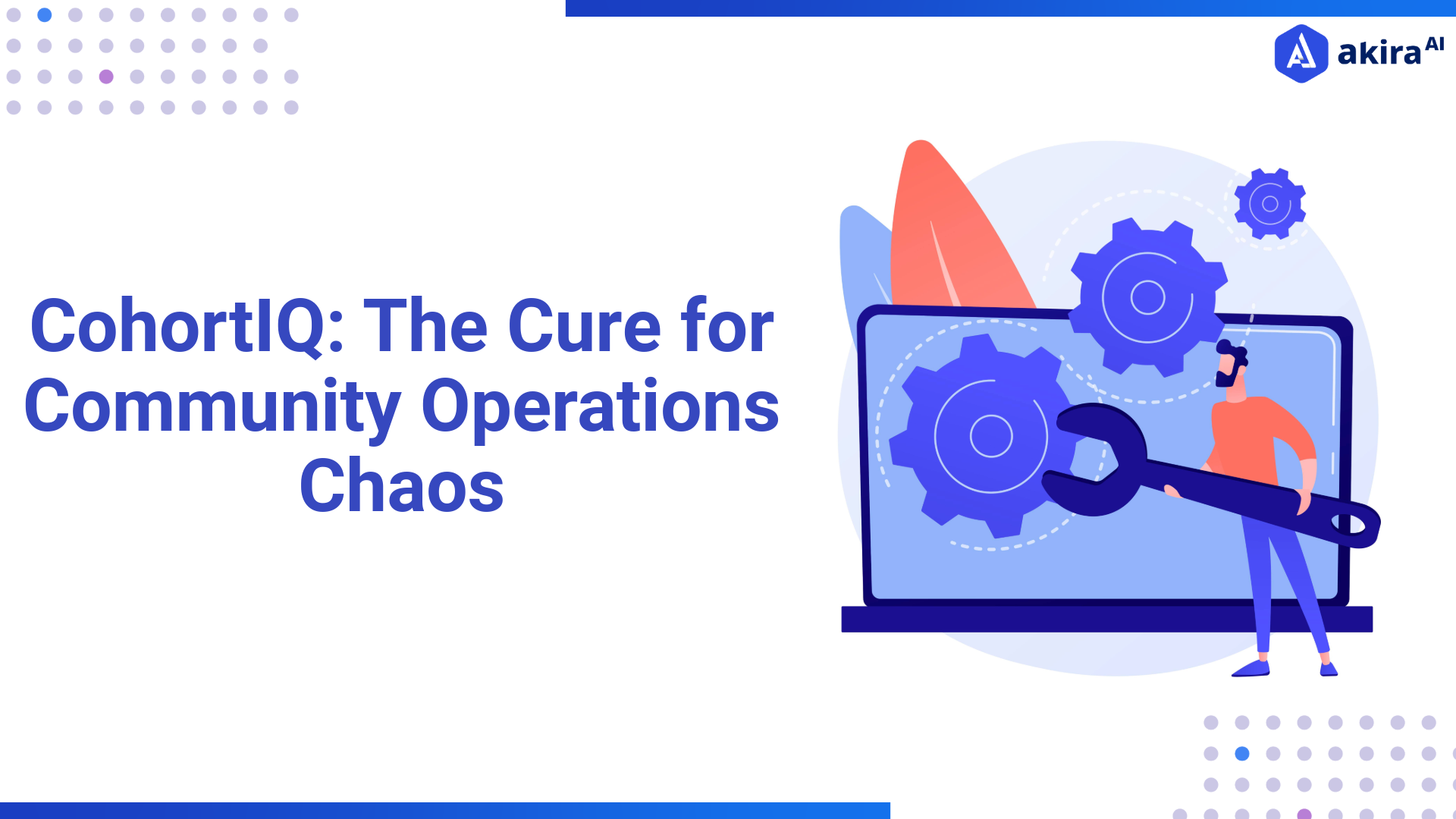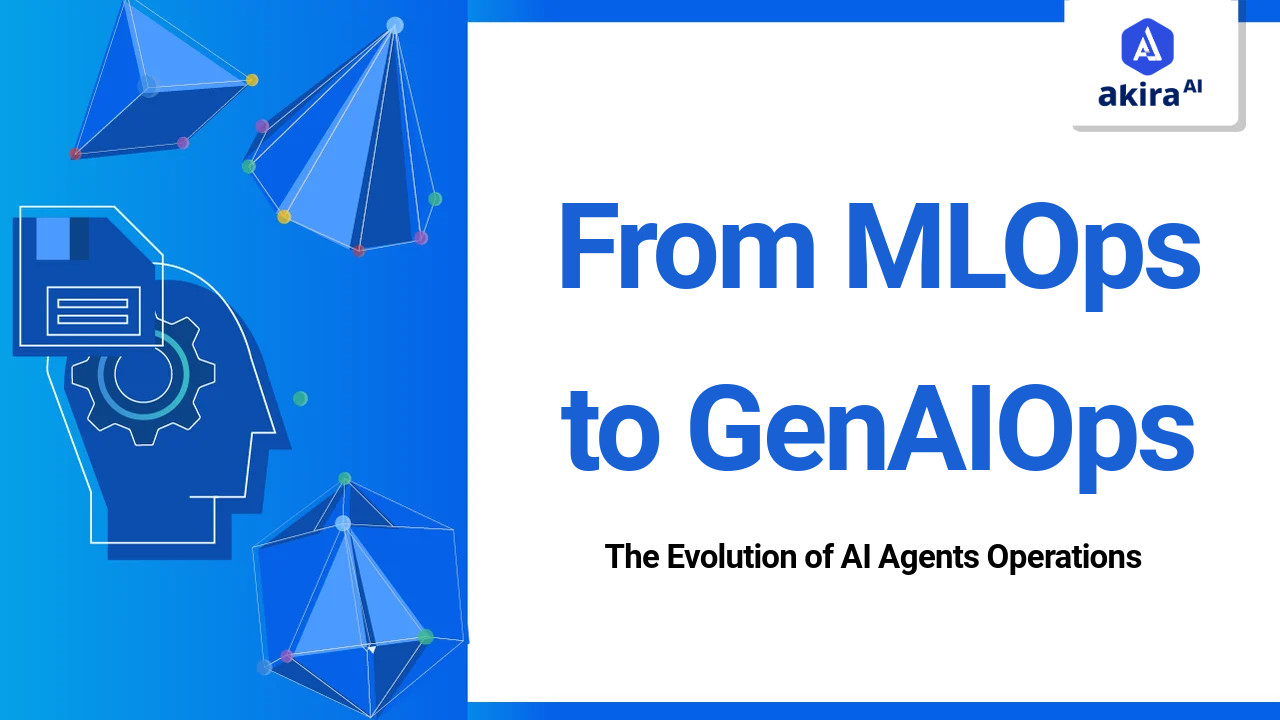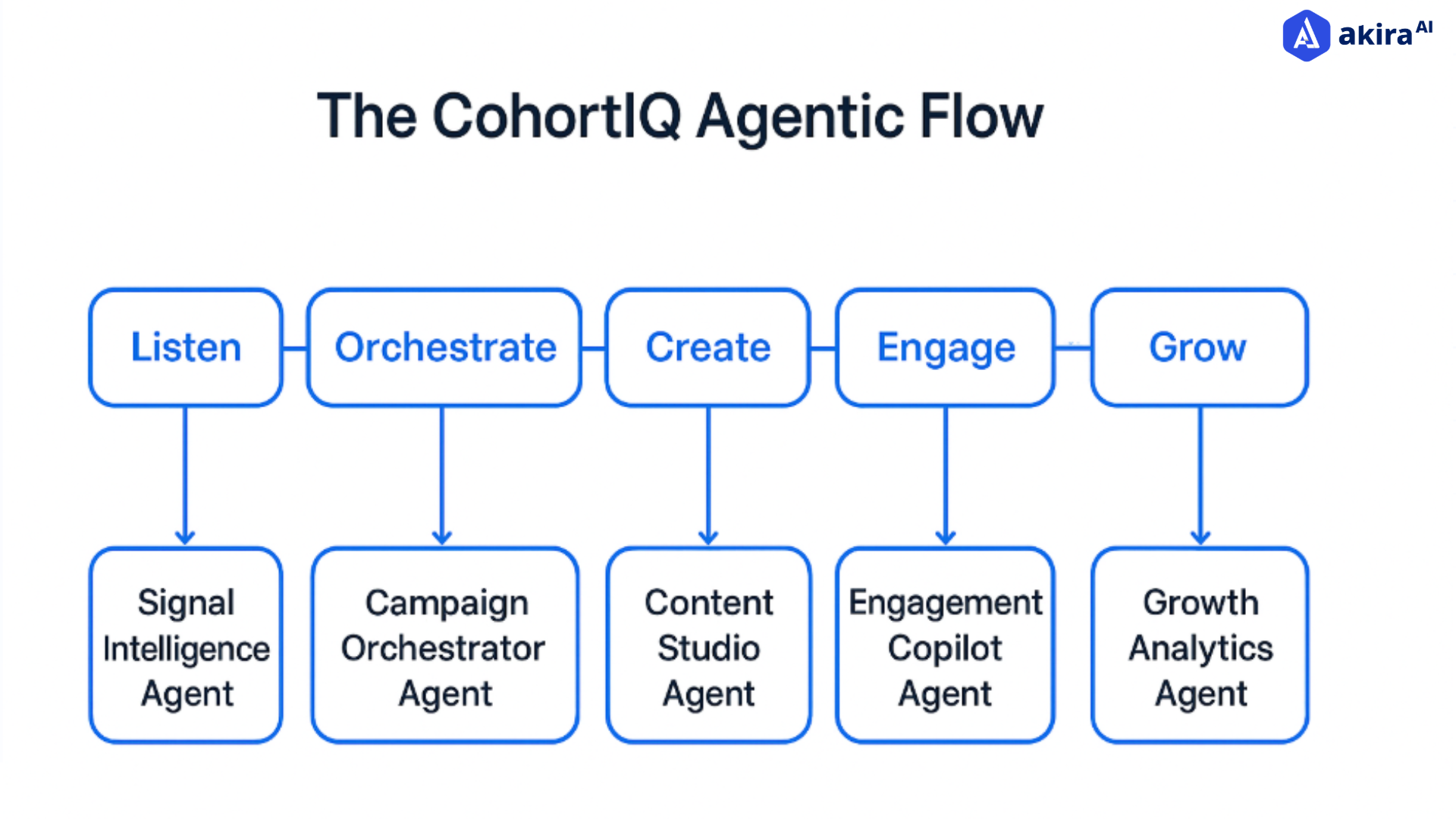Advantages of Agent Mode for Enterprises
Agent-based automation has revolutionary advantages for enterprises:
-
Efficiency: Agents perform end-to-end processes and automate activities, lessening manual labor by as much as 70%. For instance, Zoho RPA's recorder makes it easy to automate tasks between Zoho, Jira, and SAP.
-
Accuracy: AI-powered validation results in data consistency between systems, reducing errors in high-risk processes such as order processing.
-
Cost Savings: Reduced maintenance and manual effort lower the cost of operations in agent mode. Up to 30% savings are reported by companies in sales processes.
-
Flexibility: Agents work with legacy systems such as SAP without APIs, which prolongs existing infrastructure life.
-
Employee Empowerment: Automation of repetitive tasks liberates employees for strategic activity, improving productivity and morale.
Challenges and Considerations
Agent-based automation has its challenges despite its benefits:
-
Initial Setup: Setting up agents involves workflow definition and AI model training, which can be time-consuming. No-code interfaces such as Zoho Flow alleviate this.
-
Cost: More advanced platforms such as UiPath or Zoho RPA can come with licensing costs, though there are adaptive pricing plans.
-
Security: Agents that access confidential information in SAP or Zoho CRM need strong policies. Solutions such as UiPath provide enterprise-level security and auditing.
-
Skill Gaps: Employees might require training to efficiently use low-code platforms. Tools such as Atlassian's automation guides can be of assistance.
How to Implement Agent-Based Automation
To implement agent mode for Zoho, Jira, and SAP integration:
-
Identify Processes: Identify repetitive tasks, including data transfers or project creation, that can be automated.
-
Choose a Platform: Pick tools such as Zoho Flow, UiPath Agent Builder, or Atlassian Rovo that can handle Zoho, Jira, and SAP integrations.
-
Define Workflows: Map workflows using drag-and-drop interfaces or recorders. For instance, Zoho RPA's recorder records UI actions for SAP.
-
Test and Scale: Begin with a single process, track KPIs (e.g., time savings), and scale to advanced workflows.
-
Train Teams: Train employees on platform usage and agent performance monitoring.
-
Monitor and Optimize: Periodically check agent logs to monitor compliance and efficiency.

Implementation of Agent-Based Automation
Future of Agent Mode in Enterprise Automation
The future of agent-based automation looks good, with AI and low-code advancements fueling adoption. Cognitive agents, with the ability to reason and learn, will lead the way by 2030 to create completely autonomous workflows. With integration with generative AI, agents can generate reports, forecast trends, and streamline processes in real-time. For instance, Zoho's analytics with AI can project sales trends in CRM, automatically triggering Jira tasks and updating SAP.
Cloud adoption will further flex agent mode, especially with scalable platforms like Zoho One and Atlassian Cloud. As organizations move beyond brittle APIs and RPA, agent mode will become the rule of enterprise automation.
Final Thoughts
Agent-based automation is changing the way enterprises integrate with Zoho CRM, Jira, and SAP ERP: faster and more robust than API and RPA flows. By utilizing AI-powered agents, organizations can automate workflows, eliminate errors, and realize new efficiencies. Real-world applications, such as the sales-to-delivery case study, illustrate the potential of agent mode to bring together disparate systems and empower teams. As automation platforms such as Zoho Flow, UiPath, and Atlassian Rovo continue to mature, those businesses that embrace agent mode today will emerge as leaders in the quantum era of automation.





